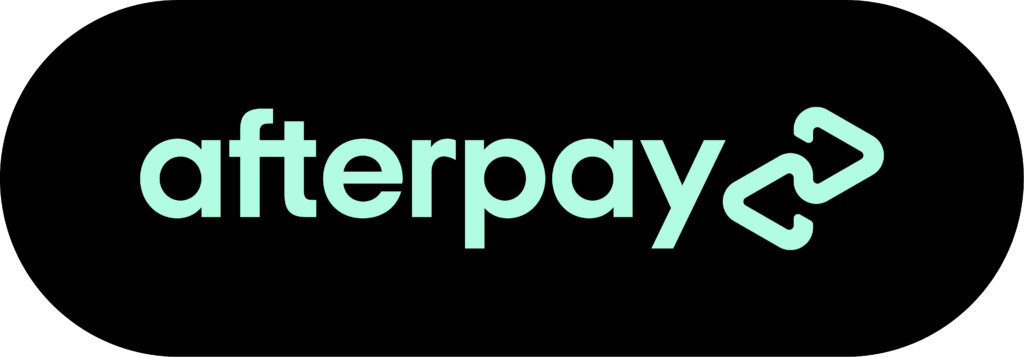TMJ Dysfunction
What is TMJ Dysfunction?
Temporomandibular Joint (TMJ) dysfunction or disorder relates to a number of health issues resulting from a misalignment of the jaw joint.
Nearly 70% of people will appear to have some form of TMJ Dysfunction. However, only 5-12% will have any related medical symptoms serious enough to require treatment. TMJ is officially known as Temporomandibular Dysfunction (TMD) but most refer to it as just TMJ.
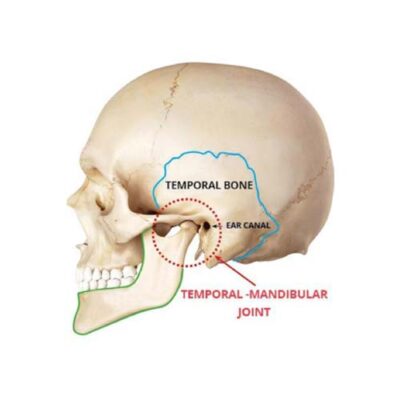
TMJ Dysfunction FAQ's
What are symptoms of TMJ Dysfunction?
Headaches
Tension headaches that feel like a throbbing sensation in a ring around the head, like wearing a hat a few sizes too small. These can sometimes be mistaken to migraines.Clicking jaw
A clicking, popping or snapping sound in the jaw joint almost always accompanies TMJ Dysfunction.Jaw or ear pain
Sustained and severe pain in the jaw or ear can often related to an issue with the TMJ being misaligned.Neck and Shoulder Pain
An incorrect bite (either under bite or overbite) can cause abnormalities in the jaws position with the skull. The jaw is then twisted into a strained position that triggers pain in the muscles of the neck, shoulders, and backTinnitus
Ringing in the ears can often caused by a strained bite due to a misalignment of the jaw. Tinnitus is often misdiagnosed and is frequently treated ineffectively or not at all. If you suffer from tinnitus it is worth ruling out TMJ dysfunction as the cause.What are the causes of TMJ Dysfunction?
Stress
Tense muscles in the neck and jaw brought on by stress can cause the TMJ to become misaligned and lead to dysfunction.
A blow to the jaw
A trauma to the jaw area can knock the TMJ out of alignment
Incorrect bite
An incorrect bite (known as malocclusion)
Grinding teeth
Excessive grinding if teeth creates constantly tense jaw muscles which can disrupt the TMJ.
How much does TMJ treatment cost?
Your TMJ treatment with Dr Finkelstein
Treatment 1
Bite guard
Treatment 2
Neuromuscular dentistry
Our neuromuscular dentist techniques explore the intricate relationship between the bones, joints, muscles, and nerves in the face and neck. They aim to relieve tension in the jaw and connected muscles by repositioning the bite.
While neuromuscular dentistry does not claim to treat neck, back, shoulder, or arm pain directly, a realignment of the bite can alleviate pain in many areas of the body
Treatment 3
Jaw exercises
Treatment 4
Muscle relaxants
Treatment 6
Surgery
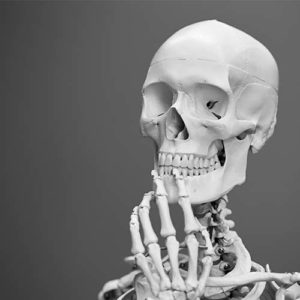
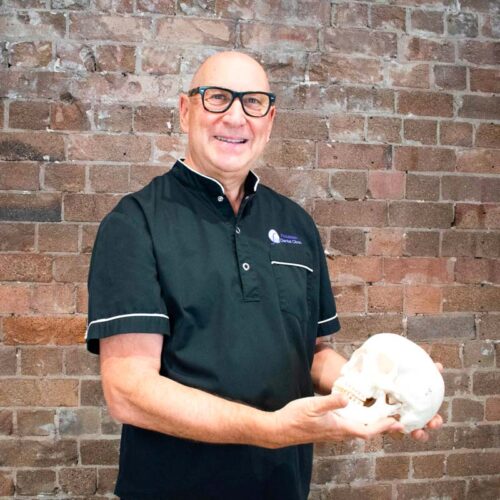
Payment Options at Dr Finkelstein Dentist
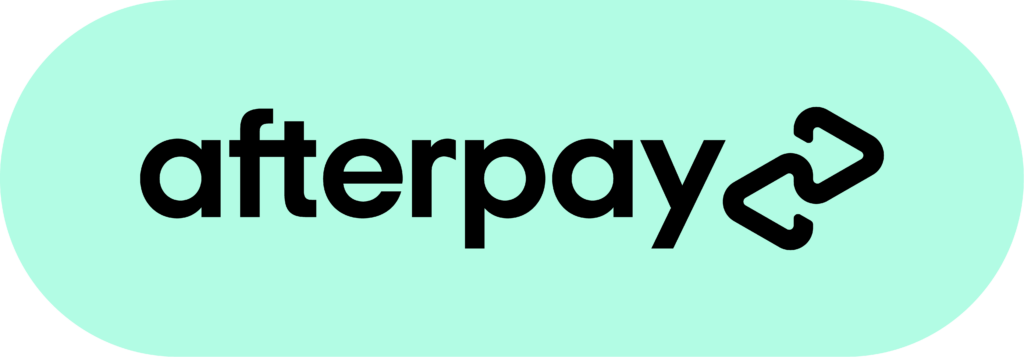
- Visa & Mastercard - We do not charge you merchant fees on credit cards.
- Health Funds - We offer pay-the-gap only when you bring your health fund card along.
- Afterpay - Get treated now, pay later!
Are you suffering from TMJ symptoms?
Get a professional diagnosis with Dr. Finkelstein to begin treatment towards TMJ pain relief.
Please complete the below form to chat with one of our friendly team. Once we receive your message, we will be in touch to answer any questions you have and book you in for an appointment. Alternatively, you can call us on (02) 9262 7778 or use our Online Chat between 8:00am until 5:00pm, Monday to Friday.
Get into the Finkelstein Files

Exploring Non-Surgical TMJ Treatment: Your Guide to Relief
Are you among the many who suffer from Temporomandibular Joint (TMJ) disorders? Typing “TMJ specialist near me” into the nearest search engine? You’re not alone.

Why Does My Jaw Hurt?
Suffering with jaw pain? A whole raft of issues can lead to pain in the jaw. This could be from something as small as a

Could Tinnitus be Connected to Stress?
You may wonder why a dentist is talking about Tinnitus. You’re right, tinnitus is a persistent ringing in the ears that can go from bothersome
